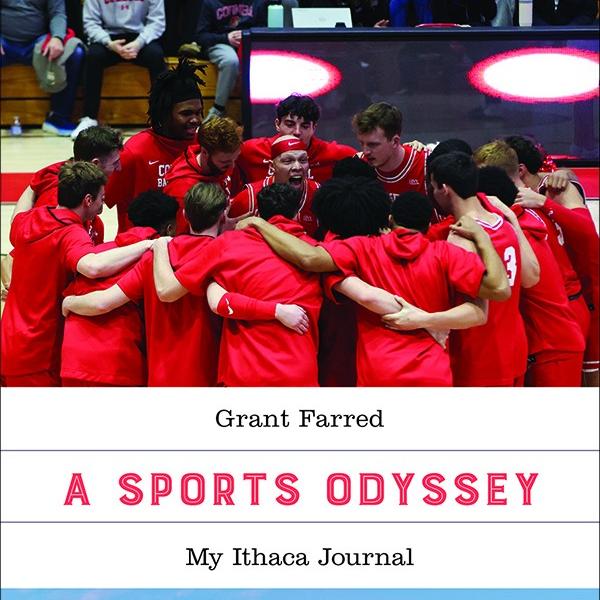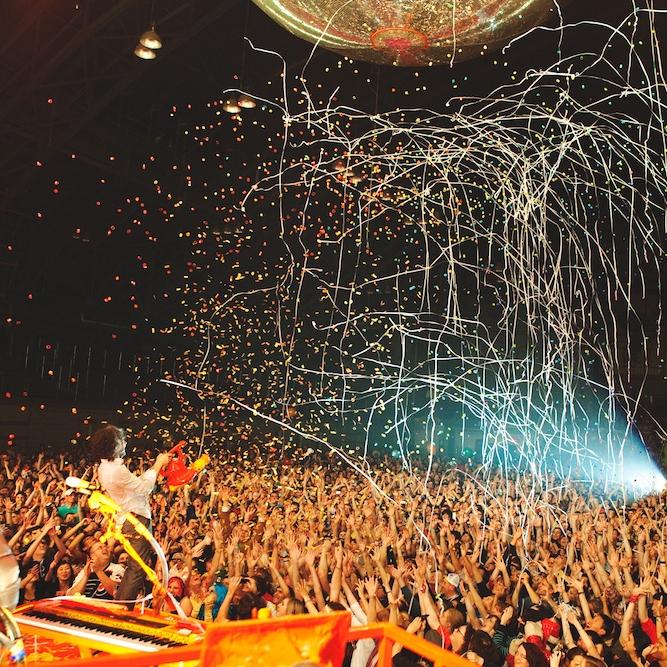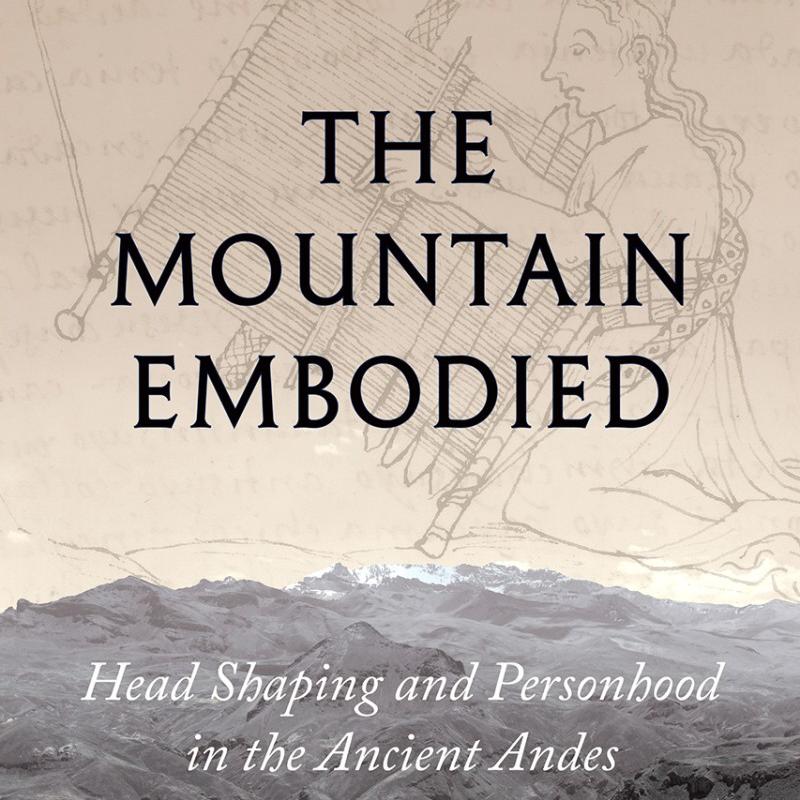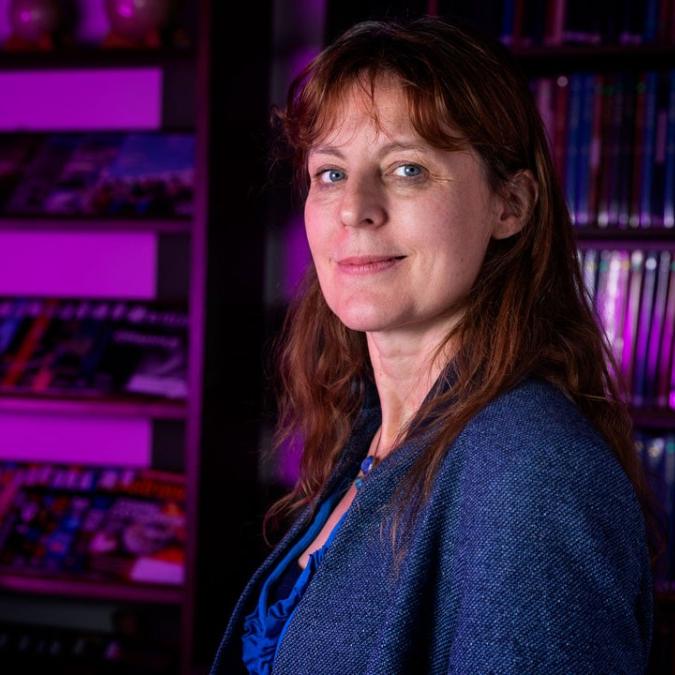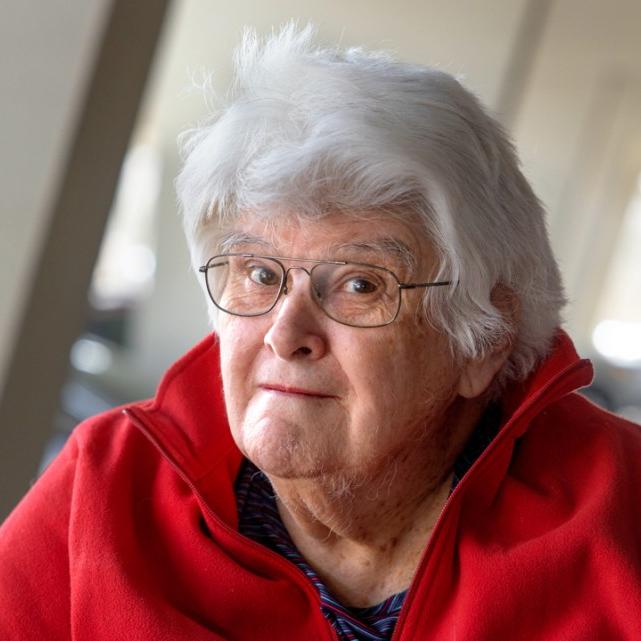In new book, Farred breaks down his long-time sports fandoms
Grant Farred, a professor in the Africana Studies and Research Center, chronicles his love for both a distant and a local sports team in “A Sports Odyssey: My Ithaca Journal,” published July 25 by Temple University Press.
